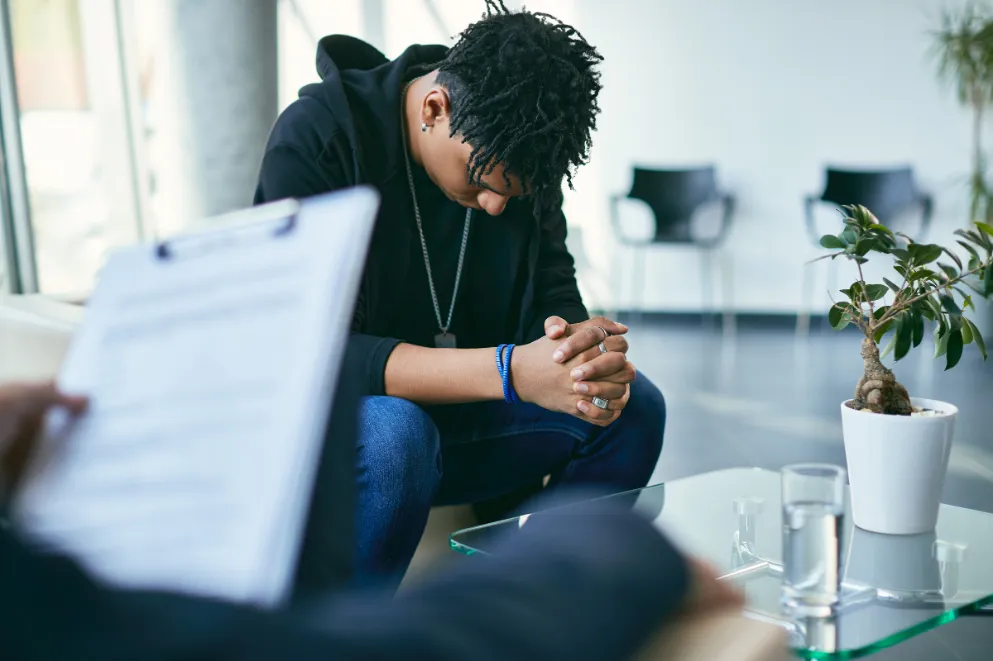The Numbers
Around 18% of adults - that's more than 1 in 6 individuals - report being depressed or receiving treatment for depression. Since Gallup started polling on this topic in 2015, that's an increase of over 7 percentage points. Even more startling is that nearly 3 in 10 adults have received a clinical depression diagnosis at some point. It's a record high, and it's essential we address why this is happening.
Unraveling the Reasons
The Covid-19 pandemic has undoubtedly played a significant role in this rise. Even though depression rates had been gradually climbing in the US, there's been a considerable leap in the past few years that correlates with the pandemic's disruptive effects on our lives.
But there's another factor at play here too: our growing awareness of mental health issues. The more aware we are, the more likely we are to seek help and receive a diagnosis. Mental health is now recognized as just as important as physical health, and more people, particularly younger generations, are open to discussing their mental health struggles.
Who's Most Vulnerable?
The same Gallup poll shows that young adults report the highest depression rates among different age groups, with a significant increase in recent years. Almost a quarter of adults under 30 report feeling depressed. Lifetime depression rates are noticeably higher among women and have risen twice as fast as in men. For the first time, lifetime depression rates among Black and Hispanic adults have matched or even surpassed those among White adults.
Recognizing Depression
Depression can show up in many forms, and we're starting to understand how cultural norms and beliefs factor into this. The American Psychiatric Association has acknowledged the importance of cultural contexts in understanding individual experiences by including a Cultural Formulation Interview in their Diagnostic and Statistical Manual of Mental Disorders.
Seeking Treatment
Depression is treatable, and seeking help early can lead to effective recovery. However, the US faces a critical shortage of mental health providers, making accessing these services a challenge.
There are various treatment options available, from support through primary care physicians to workplace benefits. Medications and psychotherapy have been proven to be effective treatments for most people. If a doctor diagnoses you with depression and prescribes medication, resources like rxless can help you save up to 88% at pharmacies like CVS, Rite Aid, and Walgreens.
Please remember, if you're struggling, reach out. You're not alone, and there are resources and people who want to help.
















